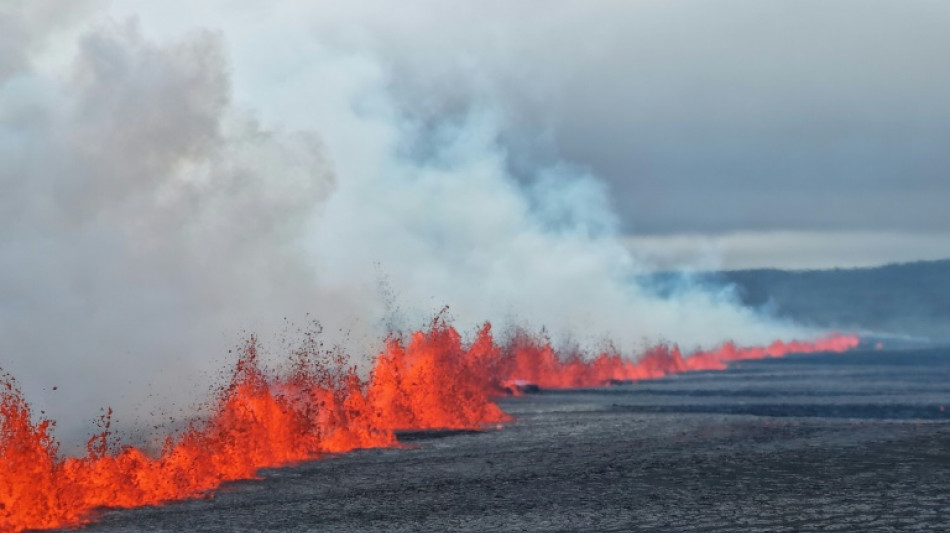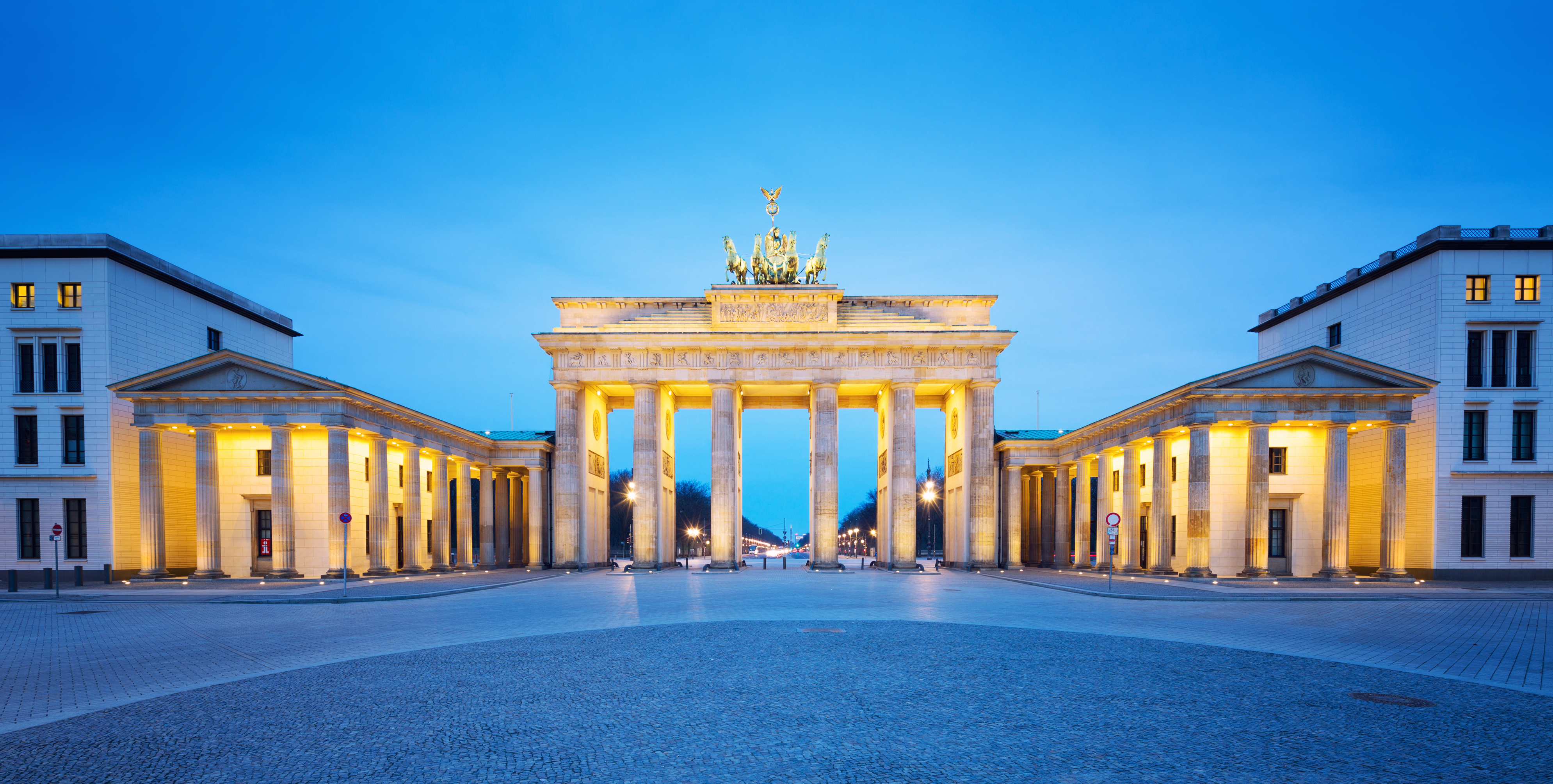

Iceland volcano erupts for ninth time since 2023
A volcano erupted on Wednesday in Iceland's Reykjanes peninsula in the southwest, weather authorities said, the ninth eruption to hit the region since the end of 2023.
Live video feeds showed lava spewing out of a fissure in the ground, with the Icelandic Met Office saying that it began just before 4:00 am (0400 GMT).
The weather agency later in the day reported that the main fissure was estimated to be 2.4 kilometres (1.5 miles) long, and that a second smaller fissure, about 500 metres long, had opened up nearby.
Due to high levels of gas pollution in the air, residents were advised to stay indoors.
Broadcaster RUV reported that the nearby fishing village Grindavik had been evacuated, as had the Blue Lagoon, Iceland's famed tourist spot.
Police Commissioner Margret Kristin Palsdottir, told the broadcaster that the evacuation of the some 100 people staying in the village had gone smoothly.
Palsdottir also said they had prevented some tourists from entering the area.
"Of course, we understand that this is a fascinating event, especially for tourists who are not as accustomed to it as we are," Palsdottir said.
Geophysicist Benedikt Ofeigsson told RUV that the eruption didn't seem as big as earlier ones and was in a good location as it wasn't near any infrastructure.
The previous eruption to hit the area was in April, and a risk assessment published on Tuesday didn't expect another eruption until this autumn.
When the first volcanic eruption first hit the area in late 2023, most of Grindavik's 4,000 residents were evacuated.
Since then, almost all of the houses have been sold to the state, and most of the residents have left.
Volcanoes on the Reykjanes peninsula had not erupted for eight centuries when in March 2021 a period of heightened seismic activity began.
Volcanologists have warned in recent years that volcanic activity in the region had entered a new era.
RUV said the latest eruption was not expected to impact international flights.
A volcanic eruption in another part of Iceland in 2010 caused worldwide travel chaos as the ash spewed into the atmosphere sparked airspace closures in Europe.
Iceland is home to 33 active volcanic systems, more than any other European country.
It is located on the Mid-Atlantic Ridge, a fault in the ocean floor that separates the Eurasian and North American tectonic plates and causes earthquakes and eruptions.
A.L.Peter--BVZ




